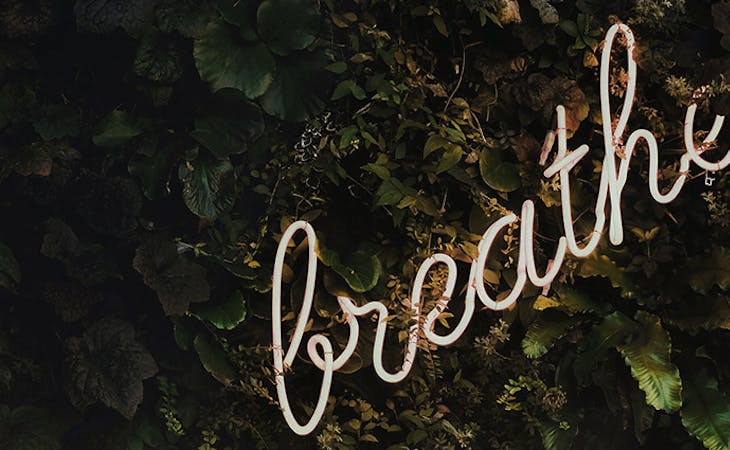The benefits of the mind-body practice of meditation are many. The restorative technique can relieve anxiety, stress, fatigue, pain, and even lower blood pressure. But timing a practice before bed is particularly potent, as research finds mindfulness can be a powerful mediator in sleep, helping you fall asleep faster, rest more soundly, and even do away with common sleep disturbances such as insomnia.
“A meditation before going to sleep can calm your body, quieting down the nervous system from the ‘wired’ state so many of us are in after long days,” says Patricia Karpas, co-founder of the app Meditation Studio.
How to make meditation part of your bedtime routine
Karpas suggests these small changes and simple meditations that can infuse R&R into your evenings so you’ll be able to wind down and drift off—no matter what the day brings.
Ease into your practice
Instead of binge-watching TV, scrolling through social media, or looking at just one more email—all habits that can trigger stress—“take the hour before you go to bed to wind down,” Karpas suggests. That might mean turning off your computer an hour before bedtime or dimming the lights around your home and in your bedroom. These changes can ease your body into a more relaxed state that’s primed for meditation. (Learn how to meditate while in bed.)
Try the 4-6 breathing technique
“Deep, diaphragmatic breathing with long breaths out can help your body release tension,” says Karpas. After all, we let a lot of stress seep into our bodies day in and day out, and eventually that can take its toll. Your breath helps you reconnect, softening spots that have grown tight (and even painful). Try this: Breathe in for four seconds, hold briefly, then breathe out for six seconds. The average person takes 12 to 20 breaths per minute. Slowing this down, even just a little bit, can activate your body’s calming parasympathetic state, allowing you to relax.
Related: Want to fall asleep faster? Take a deep breath
Turn on a deep slumber meditation
The mix of calming music and sounds can help you fall asleep faster. That’s why Karpas suggests a meditation from Meditation Studio called A Deep Slumber Meditation. Lie down in bed or sit in a relaxing position, take a few long, deep breaths to calm your nervous system and ease you out of your long day, then simply listen.
Listen to the meditation here:
Just listen to sound
You don’t need to follow a guided meditation in order to reap the benefits. Simply close your eyes and turn on an app that plays ambient white noise, listen to calming music, or focus in on the hum of a humidifier. “This can help ease you into a great night’s sleep,” says Karpas. Close your eyes. If you notice thoughts bubbling up, simply let them pass.
Related: The science behind how white noise helps you sleep
Meditate to fall back asleep
Meditation Studio’s “deep sleep” collection is designed for use both right before bed or in the middle of the night when you wake up and can’t fall back asleep (the worst!). Calm your monkey mind, accept the time blinking on the clock (or better yet, turn the clock face away from you), and check in with your body with A Meditation to Return to Sleep from Meditation Studio (plug into your headphones or play it out loud). It involves a body scan aimed at relaxation and fighting those 3-a.m.-can’t-sleep jitters with the idea of “letting go.”
For more ways to de-stress before bed, here are 10 nighttime activities to help you relax.




